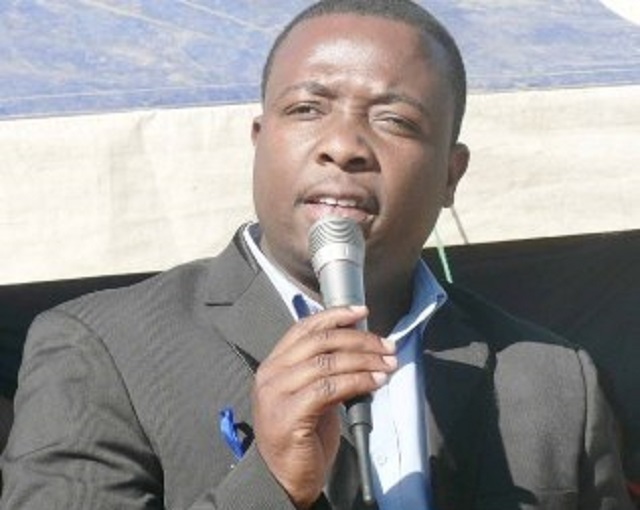Solusi students take varsity to over court suspensions

Mashudu Netsianda, Senior Court Reporter
SEVEN students from Solusi University have taken the Seventh Day Adventist (SDA) run institution to court challenging their suspensions over recent protests against the introduction of a $90 development levy.
Ashwell Zikhali, Horiyega Tarikai, Caution Chikonamomba, Nkululeko Nkabinde, Thabo Moseki, Thabang Langa and Innocent Mushamba are accused of leading the demonstrations which led to students boycotting classes as they demanded to be addressed by the university’s management over the new levy.
The students want an order setting aside their suspensions. They are also seeking an order interdicting university authorities from denying them their rights and privileges.
The seven, through their lawyers, the Zimbabwe Lawyers for Human Rights, filed an urgent chamber application at the Bulawayo High Court citing Solusi University and its Vice-Chancellor Professor Joel Musvosvi, as respondents.
In his founding affidavit, Zikhali who is the president of the university’s Student Representative Committee (SRC) and a fourth year theology student, said the decision by Prof Musvosvi to suspend them was unjustifiable and a violation of their Constitutional right to education.
“My co-applicants and I have been ordered at the hearing on the 31th of October 2017 to leave the premises with immediate effect following letters of suspension.
“There is no indication in the letters of suspension why we are being suspended. This in my view is a violation of our rights to education as enshrined in the constitution,” he said.
“I believe we are only being used as an example for all students to see so that in future they are not able to raise any issues about decisions made by the Vice-Chancellor. We are being intimidated so that as students we will be afraid to air our grievances.”
Zikhali said the suspensions were going to affect their studies.
“If this application is not granted, my co-applicants and I stand to suffer irreparable harm in that we will lose lectures and will not be able to access university facilities. We will also not be able to attend classes at a crucial period when we are preparing for examinations to be written in the next few coming weeks,” he said.
“If we are unable to attend classes for the remainder of the semester, it will affect our performance during examinations.”
According to court papers, sometime in September this year, the students were told by university authorities about the introduction of a development levy without having been engaged or consulted.
The communication gave them an option to convert their security deposits into a development levy.
“We were unhappy with the decision and we decided to gather as students to decide on how to tackle the issue within the confines of the law. We requested authorities to hold an assembly with students to discuss the issue,” said Zikhali.
He said when they held a meeting on October 18 in 2017, the students tasked their representatives to request to be addressed by university authorities which was declined.
“The following day on 19 October, the university called for a meeting for all students, which was addressed by the Vice-Chancellor. To our surprise, there were uniformed police officers around the campus and we felt intimidated. During the meeting we were advised that the position on the introduction of a development levy had not changed,” said Zikhali.
The students were handed suspension letters two days after the meeting.
“The suspension letters did not indicate why we were suspended and for how long.
“The suspensions are not justifiable in a democratic society,” said Zikhali.
Some of the suspended students are foreigners from neighbouring South Africa and Botswana.
The university has not yet responded. -@mashnets













Comments